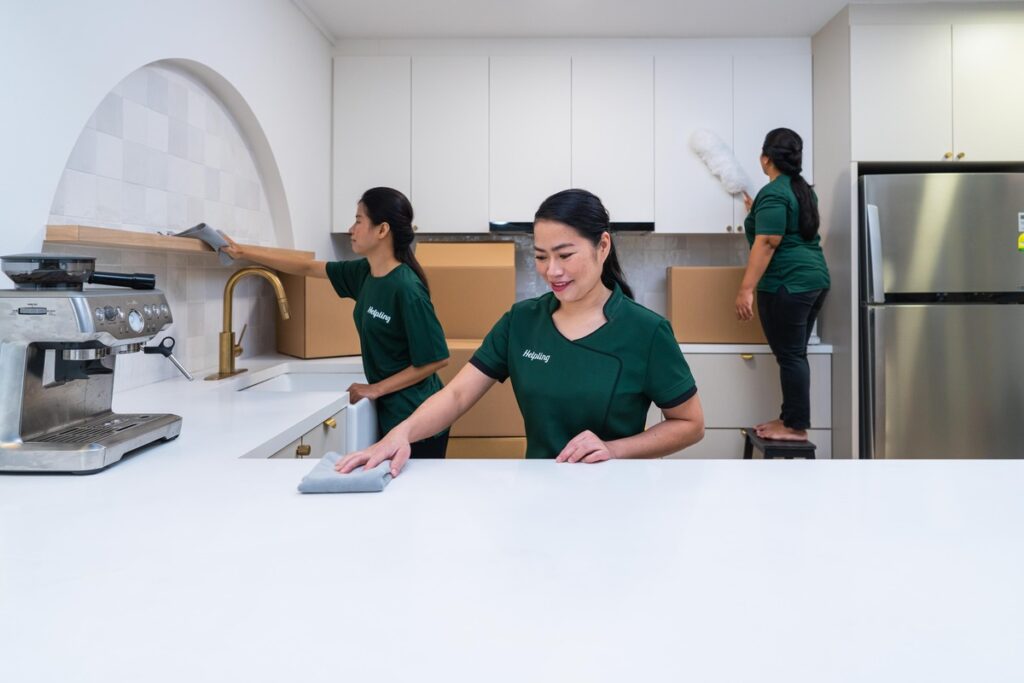The Landscape of Maid Employment in Singapore
HomeMaid employment in Singapore has become an integral part of many households, with foreign domestic workers playing a crucial role in maintaining homes and providing care for families. As life in the city becomes increasingly fast-paced and demanding, more families rely on domestic helpers to manage daily chores, child-rearing, and elderly care. This growing dependence on maids, particularly from countries like the Philippines, Indonesia, and Myanmar, reflects a broader trend across the region. In Singapore, domestic workers not only offer practical help but also enable working professionals to maintain a work-life balance, reducing the burden of managing household responsibilities.
One of the driving factors behind the increasing demand for maids in Singapore is the dual-income nature of most families. As both men and women pursue careers, balancing work, family, and household management becomes more challenging. Women, in particular, who traditionally shouldered the majority of household chores, now seek outside assistance as they continue to grow in professional spaces. The presence of a maid helps ease the pressures of maintaining a clean home, preparing meals, and providing childcare. This arrangement allows working adults to focus on their careers while ensuring that their domestic duties are well-managed.
Employing a maid in Singapore is highly regulated by the Ministry of Manpower (MOM), with specific rules and guidelines designed to protect both employers and workers. Before hiring, employers must apply for a work permit, meet certain financial requirements, and comply with legal obligations regarding the maid’s welfare. This includes providing adequate living conditions, paying a monthly salary on time, offering proper medical care, and adhering to weekly rest days. These regulations ensure that maids are treated fairly and that their rights are upheld while they work in a foreign country. In return, maids are expected to complete their duties to a high standard, contributing to the overall success of the employment arrangement.

While employing a domestic helper solutions singapore offers many advantages, it also comes with challenges. Cultural differences between maids and their employers can sometimes lead to misunderstandings or friction. Many foreign domestic workers come from rural areas and may face difficulties adjusting to Singapore’s urban environment. Additionally, language barriers can make communication challenging, especially if the maid is not proficient in English or the local languages. Overcoming these obstacles requires patience and open communication from both parties. Employers often need to offer guidance and training to help their maids adapt to their new roles and ensure a harmonious working relationship.
As Singapore’s population continues to age, the demand for maids who specialize in elderly care is also on the rise. Many families rely on domestic workers to assist with the care of elderly family members who may require help with daily activities, medical routines, and mobility. This shift in the role of maids highlights their increasing importance in Singaporean society, as they provide essential care not only for children but also for the elderly. With more families opting to care for their aging relatives at home rather than using nursing facilities, maids are becoming a vital resource in maintaining the health and well-being of older adults.
Looking to the future, maid employment in Singapore will likely continue to grow as the country faces ongoing demographic shifts. As more families require assistance in managing their homes and caring for both children and the elderly, the role of the domestic worker will remain essential. The government’s commitment to ensuring fair treatment and rights for foreign domestic workers will also help maintain the industry’s integrity, creating a system that benefits both employers and workers. With continued support, proper training, and open communication between maids and their employers, the domestic employment landscape in Singapore is expected to flourish, contributing positively to the country’s economy and social fabric.
